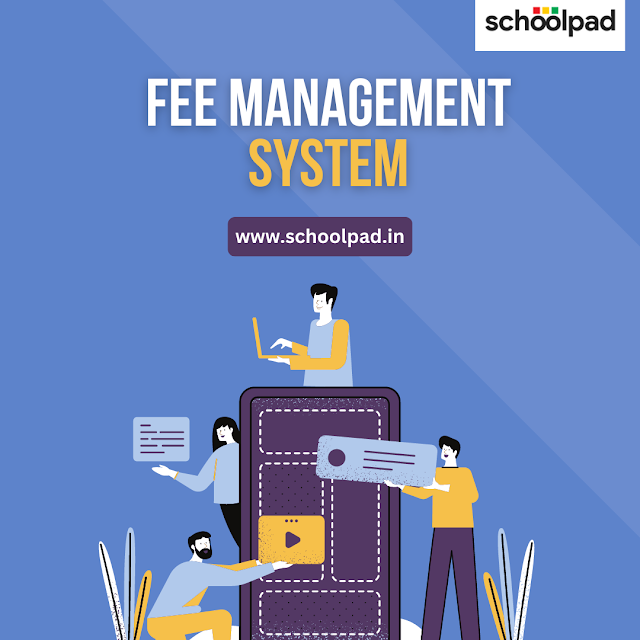Revolutionizing Education with School ERP Systems: Benefits and Challenges
Education is a vital sector that plays a significant role in shaping the future of individuals and societies. As educational institutions continue to expand, managing their resources and operations can be challenging, leading to the need for efficient and effective systems to manage them. School ERP systems are a new and revolutionary solution that can help educational institutions manage their resources, operations, and administration effectively. In this blog, we will discuss the benefits and challenges of school ERP systems.
What is a School ERP System?
A school ERP system is an integrated software solution that helps educational institutions manage their daily operations, including admission, attendance, timetable, examination, library, finance, and human resources. The system provides a comprehensive view of all the operations, enabling administrators to make informed decisions quickly. The ERP system consists of different modules, each designed to manage a specific task or activity.
Benefits of School ERP Systems
1. Improved Efficiency and Productivity
School ERP systems can improve the efficiency and productivity of educational institutions by automating routine tasks and eliminating manual processes. This allows staff to focus on more critical tasks, improving productivity and performance.
2. Enhanced Communication and Collaboration
The school ERP system allows for seamless communication and collaboration between different stakeholders, including teachers, students, parents, and administrators. The system provides a platform for sharing information, updating records, and coordinating activities, leading to enhanced communication and collaboration.
3. Better Student and Teacher Performance
School ERP systems provide real-time access to student performance data, enabling teachers to identify students who need extra support and create personalized learning plans. The system also enables teachers to track their performance and progress, leading to better teacher performance.
4. Streamlined Administration and Management
School ERP systems help to streamline administrative and management tasks, making it easier for administrators to manage staff, resources, and operations. The system provides a centralized database that stores all information, enabling administrators to make informed decisions quickly.
5. Improved Parental Involvement
School ERP systems provide parents with real-time access to their children's academic and non-academic activities, enabling them to track their progress and performance. This encourages parental involvement, leading to better academic outcomes for students.
Challenges of School ERP Systems
1. High Initial Costs
Implementing a school ERP system can be expensive, requiring a significant investment in hardware, software, and training. This can be a challenge for small and medium-sized educational institutions with limited budgets.
2. Technical Expertise
School ERP systems require technical expertise to install, configure, and maintain. This can be a challenge for educational institutions that lack in-house technical expertise or cannot afford to hire technical staff.
3. Resistance to Change
Introducing a new school ERP system can be met with resistance from staff, students, and parents who may be accustomed to traditional methods of operation. This can lead to challenges in implementation and adoption.
4. Data Security and Privacy
School ERP systems store sensitive data, including student and staff information, financial data, and academic records. This data is vulnerable to cyber threats, making data security and privacy a significant challenge.
Conclusion
In conclusion, school ERP systems are a revolutionary solution that can help educational institutions manage their resources, operations, and administration effectively. The benefits of school ERP systems include improved efficiency and productivity, enhanced communication and collaboration, better student and teacher performance, streamlined administration and management, and improved parental involvement. However, implementing a school ERP system also comes with challenges, including high initial costs, technical expertise, resistance to change, and data security and privacy concerns. Despite these challenges, educational institutions should consider implementing school ERP systems to stay competitive and meet the changing needs of their stakeholders.



Comments
Post a Comment